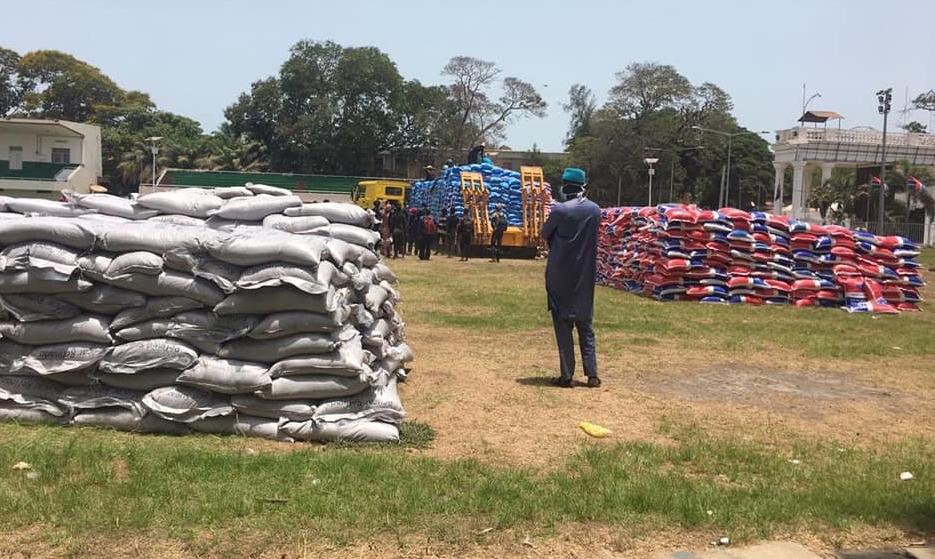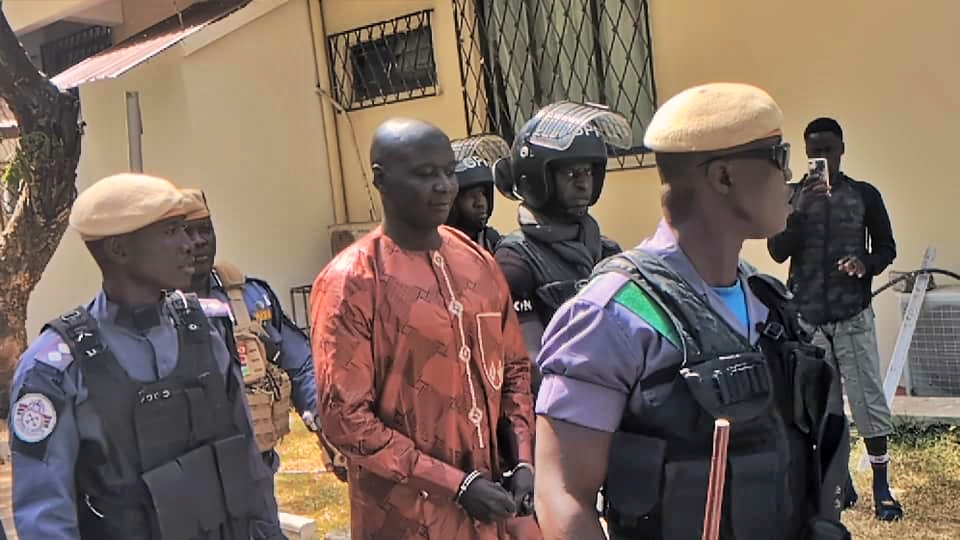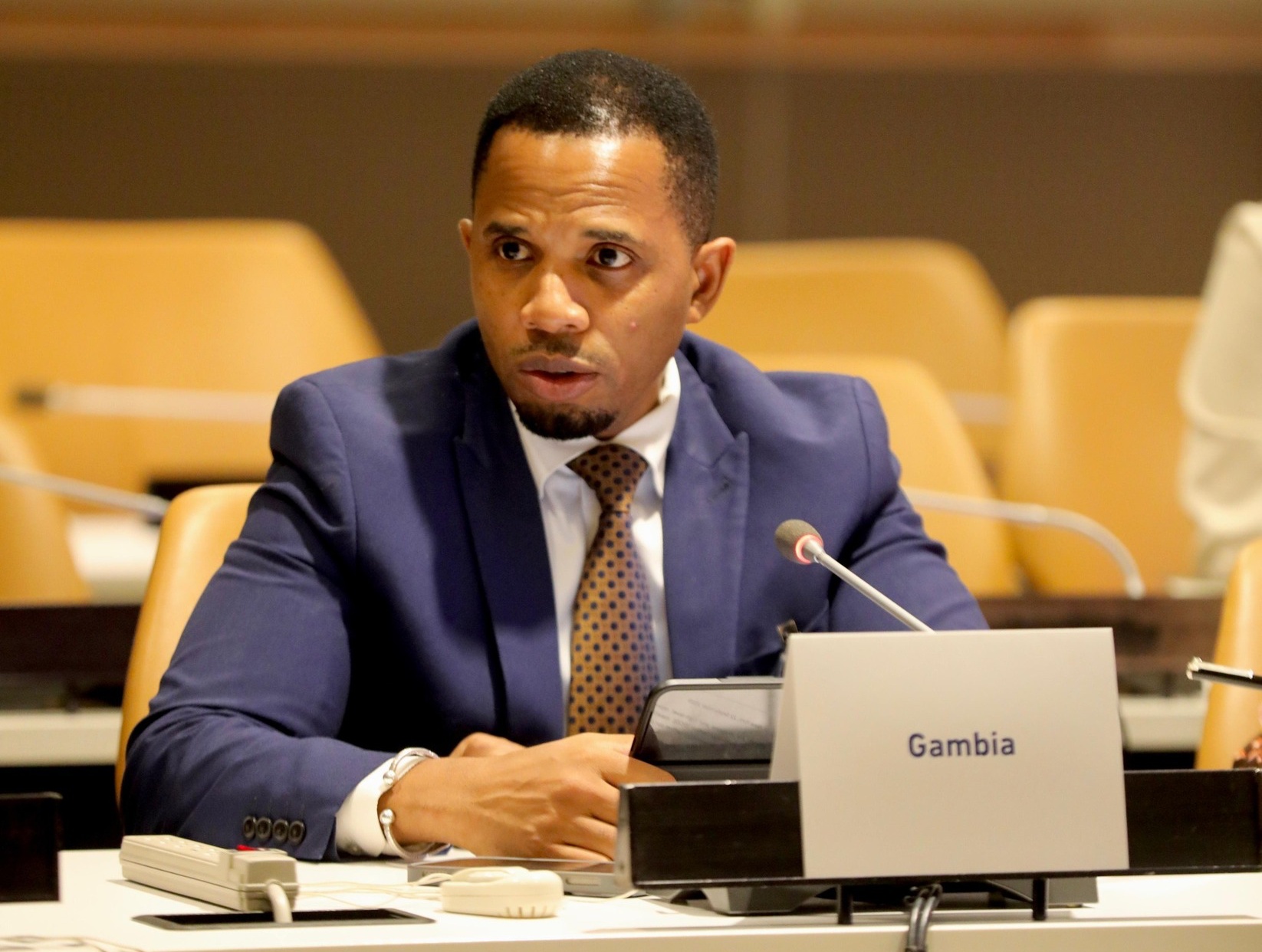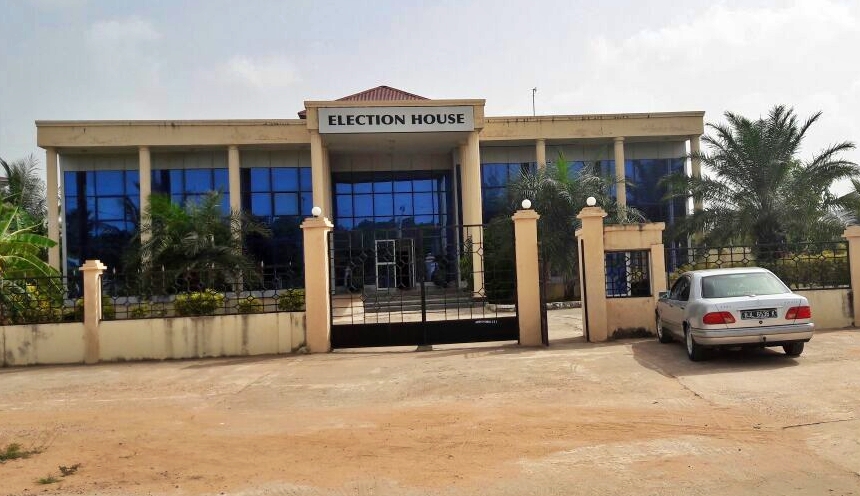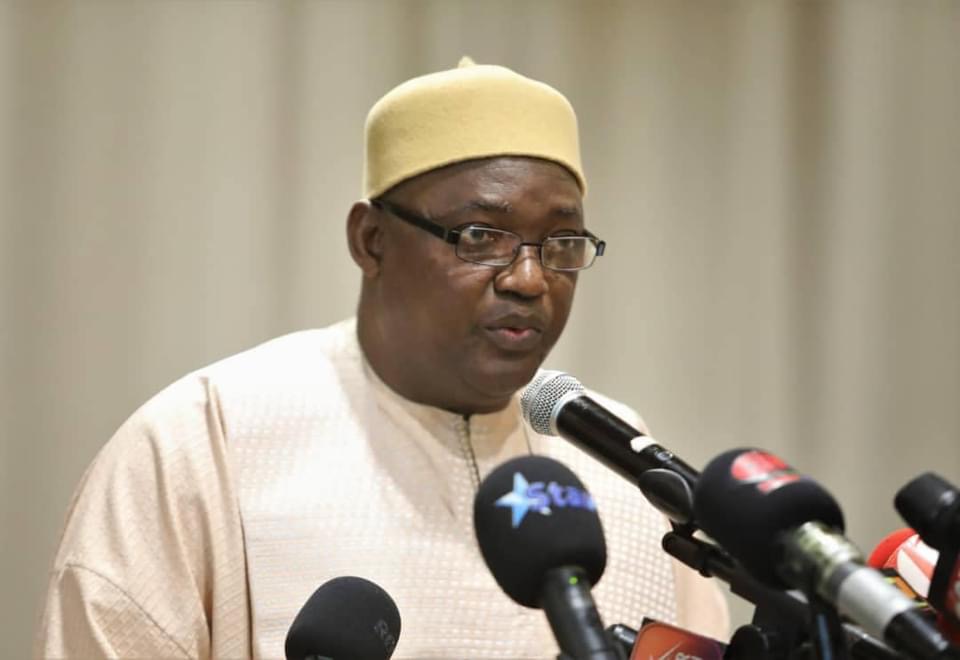On the bicentenary anniversary of Janjanbureh, formerly Georgetown, a former settlement for freed slaves in The Gambia, President Adama Barrow has put forward the case for slavery reparations.A similar call was recently made by Ghanaian President John Mahama.
According to President Barrow, ‘The Gambia will seize the occasion of the McCarthy Island bicentenary celebration to use its diplomatic, intellectual, and cultural advantage to promote reparations.’
In recent years, demands for slavery reparations have grown louder across Africa and the Caribbean, with heads of state and international organizations such as the A.U and U.N adding their voices to the cause. The latest to join the campaign is Gambia’s President Adama Barrow, who pledged to use diplomatic channels to advocate for reparations for slavery. Momodou Laminchoy has the details.
President Adama Barrow emphasized that reparations for slavery are not just about financial compensation but also about acknowledging the historical wrongs and ensuring justice for the descendants of those who were enslaved.
He highlighted the importance of fostering a global dialogue on reparations and creating a platform for the voices of the victims to be heard. President Barrow’s commitment to the cause has sparked hope among activists and advocates worldwide, who believe that this renewed momentum will lead to meaningful progress towards achieving justice and reconciliation.
From across the continent and around the world, there are calls for the nations that were perpetrators of slavery to recognize the undeniable truth of the evil of the trade and right the wrongs against Africans that have gone unpunished for more than 400 years.
Conservative estimates are that over 12 million men and women were forcibly kidnapped from Africa, shipped along treacherous routes, and delivered as slaves in the Americas and Europe.
Hassoum Ceesay, a Gambian historian, stated, ‘From James Island, from the slavery database, and from other scholarly works, we are estimating between 700,000 and 800,000 from James Island and other ports along the river Gambia.’
Through the transatlantic slave trade, nearly 2 million Africans lost their lives at the hands of slaveholders. The main slaveholding countries involved in the trade were Britain, France, Portugal, the Netherlands, and Spain.
These countries robbed Africa of its human capital to feed the labor demand in the wake of the Industrial Revolution. The cost of this continues to have a grave impact on Africa’s socio-economic status.
A 2008 study published by Professor Nathan Nunn of the University of British Columbia, a global center for research, reports that had the slave trade not occurred, 72% of the average income gap between Africa and the rest of the world would not exist today, and that Africa would have been at a similar level of development to Latin America or Asia.
Such economic damage on the continent shows that the impact of slavery transcends generations across centuries and justifies the just cause for reparations across the continent, including the Gambia. We have made certain declarations on reparations, which will soon be submitted to the cabinet.
Another practical action that has to be taken has to do with valuing the sites so that this will be tangible evidence of the slave trade.
Adding weight to the calls for reparations for slavery are high-profile voices, among which are the presidents of the enslaved. In June last year, a U.S.-based consultancy firm, the Brattle Group, estimated the reparations for the harms caused during slavery will cost between $100 and $131 trillion U.S. dollars as calls for reparations grow.
Most of the former slave-holding countries’ families and businesses have yet to own up to their crimes, apologize, or respond to demands for reparations.
Their silence, however, will not make the calls for justice grow any quieter.”




